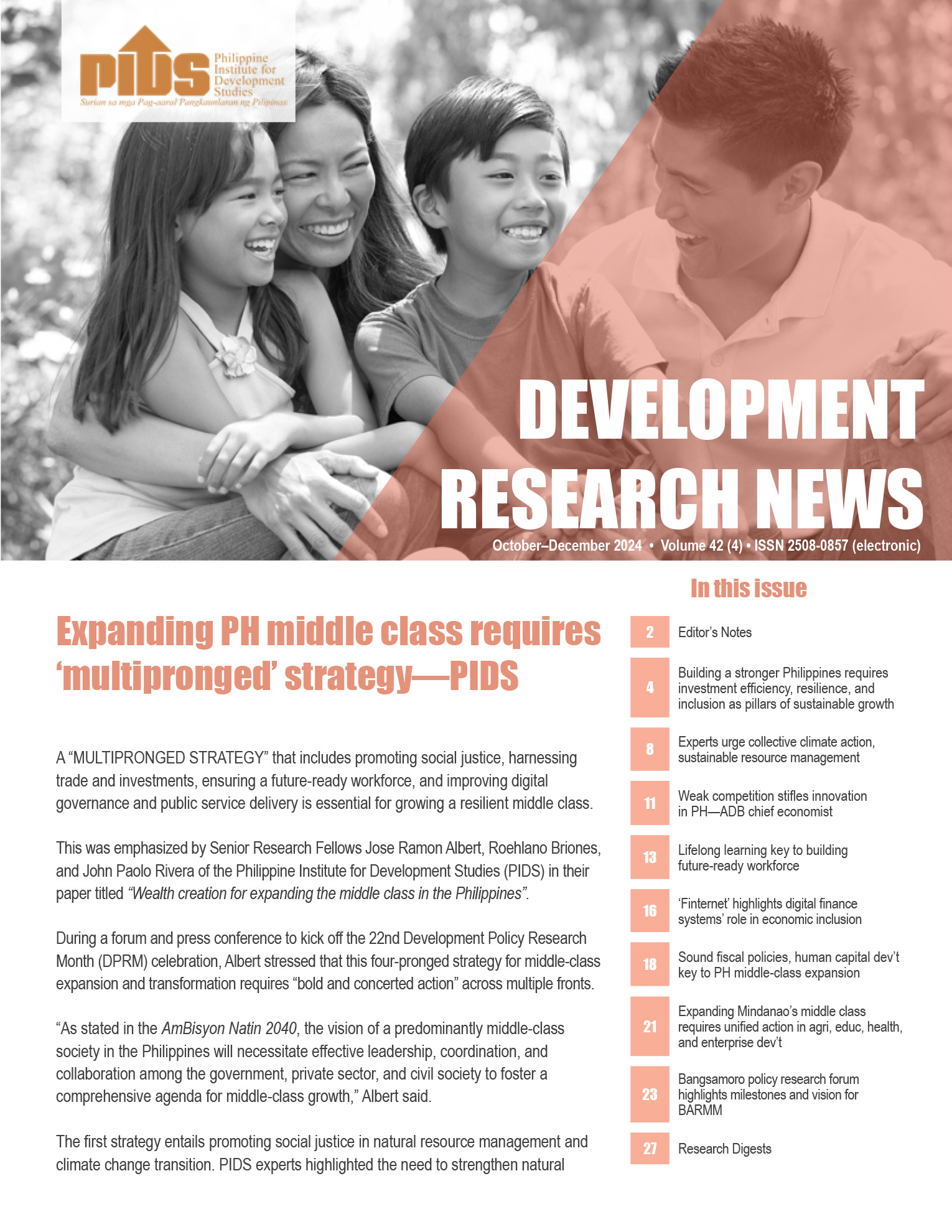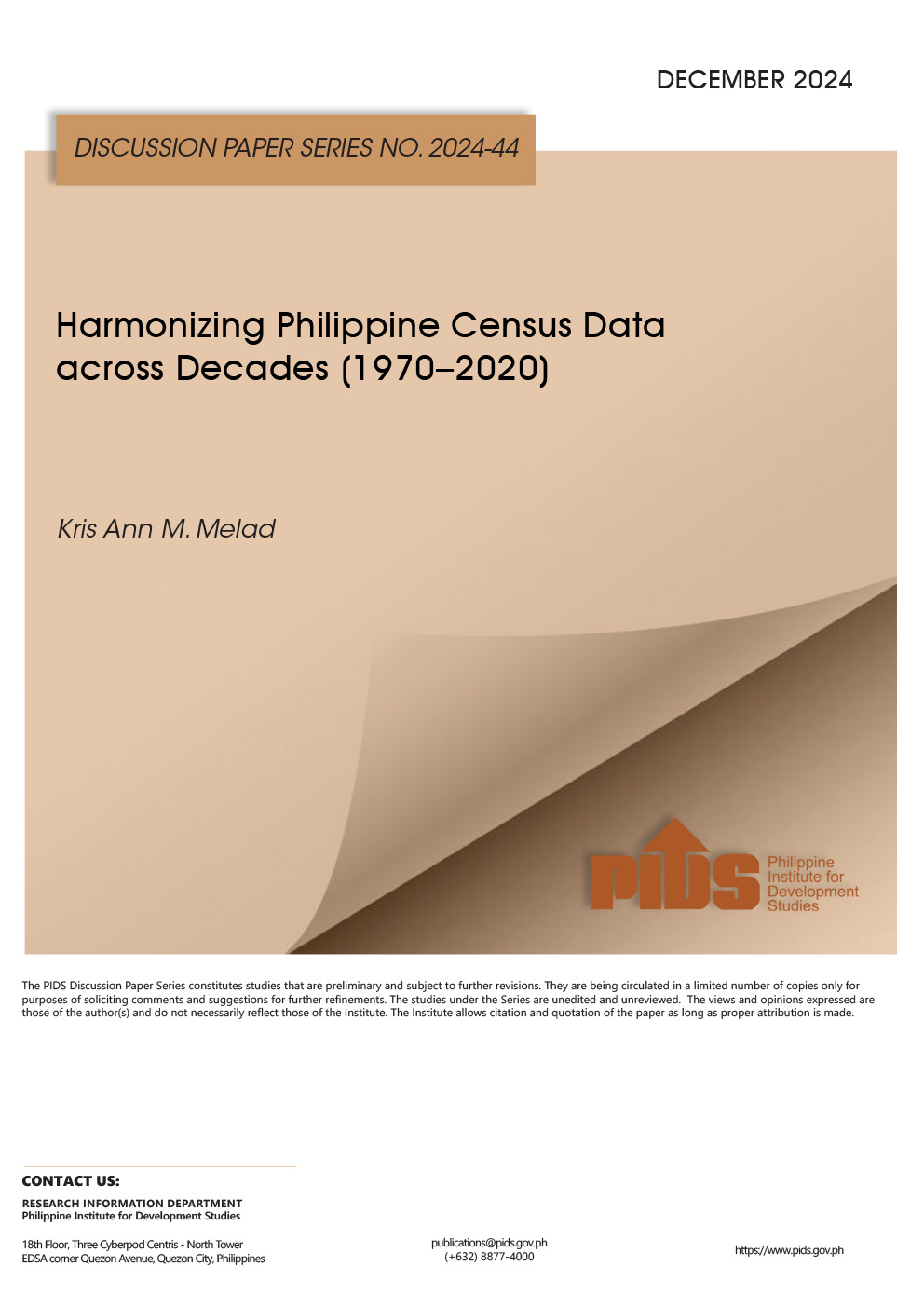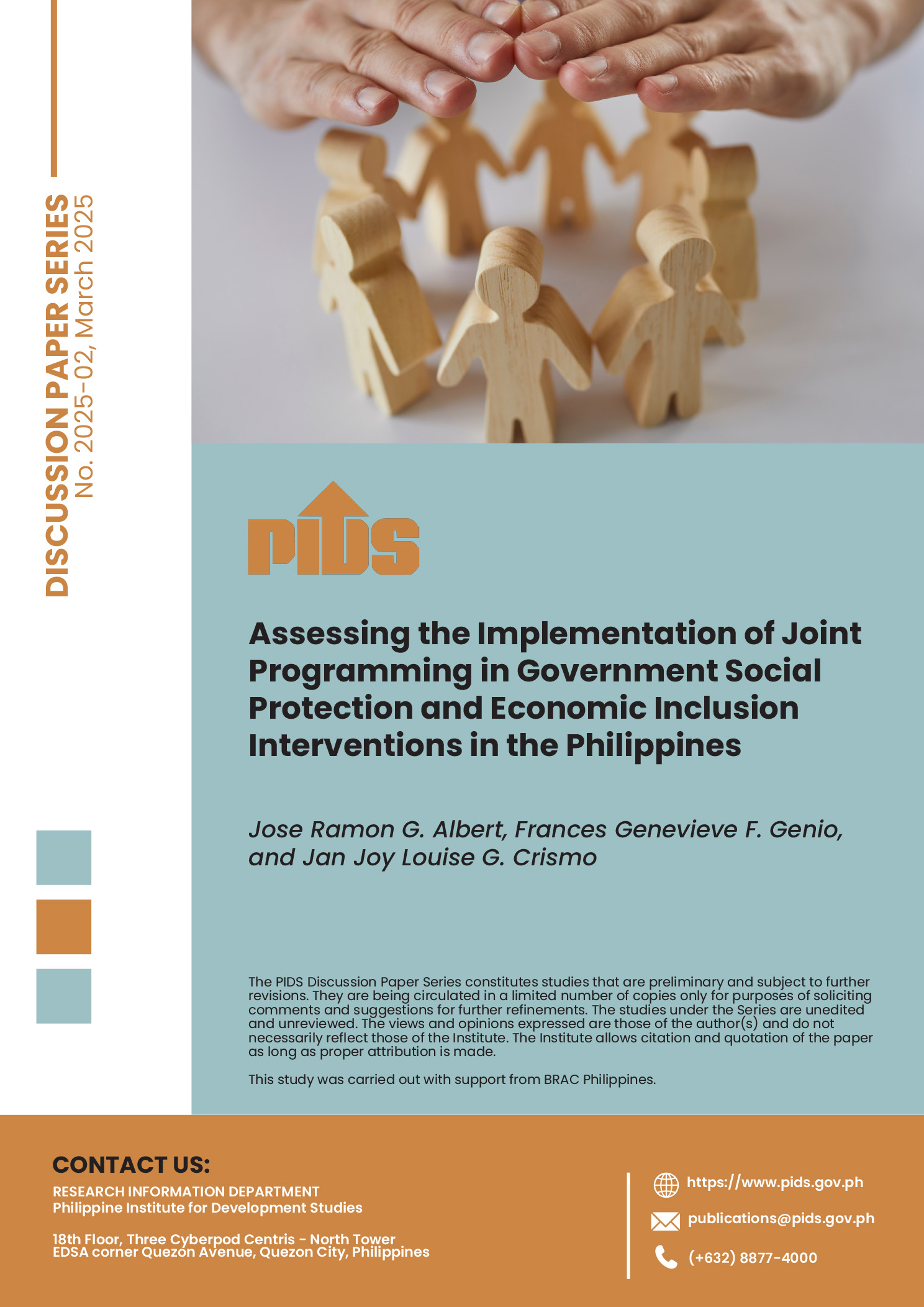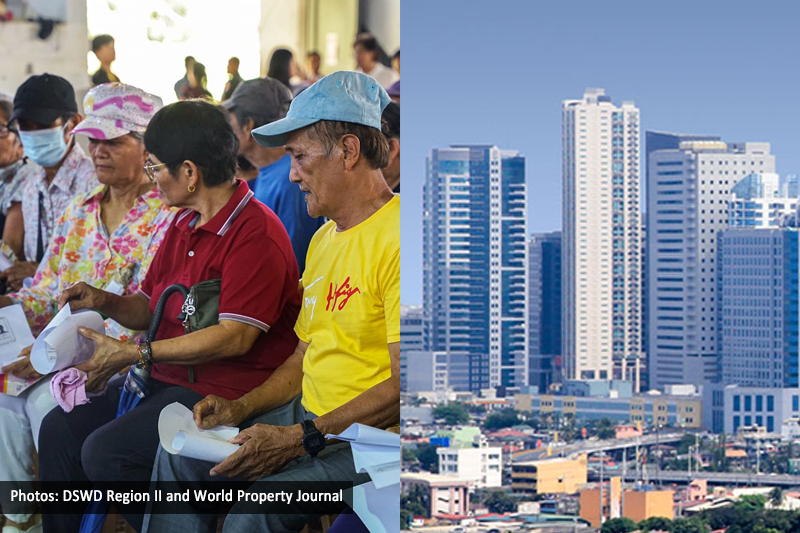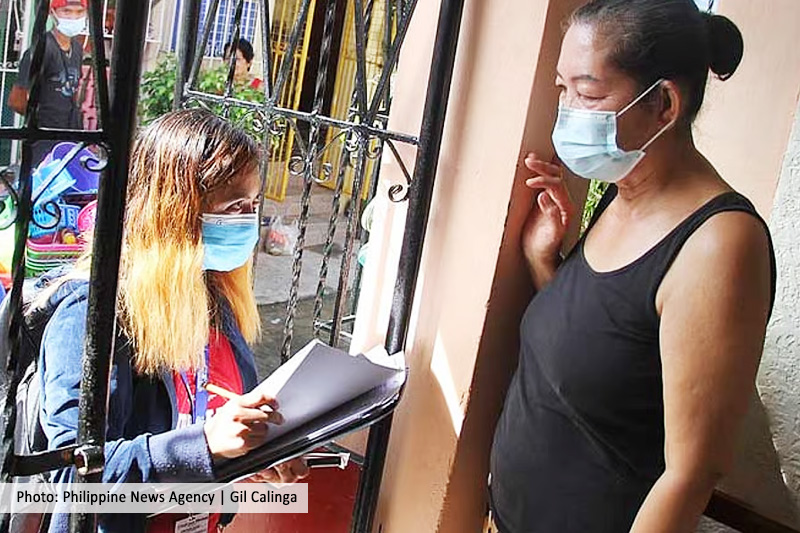USING public funds to finance the repair of housing in disaster-affected areas could jeopardize funding for other public goods, according to a paper released by the Philippine Institute for Development Studies (Pids).
In a policy note, Pids Consultant Deanna T. Villacin, former Research Assistant Tatum P. Ramos and Vice President Marife M. Ballesteros said public funds are already insufficient in financing post-disaster projects and programs.
“Given that the housing sector is largely private, the fact that it is receiving the bulk of resources may possibly be at the expense of more critical projects,” the authors said.
“Instead of allocating huge funds to it, the government should consider strengthening the role of the private sector in addressing damaged properties,” they added.
The researchers said out of the P10.5 billion for landslide-affected areas in the aftermath of Typhoon Pablo (international code name Bopha), the government spent P8.3 billion for housing projects.
This is composed of the P4.2 billion used for in-city housing projects of the Department of Social Welfare and Development (DSWD) and P4.1 billion to the resettlement projects of the National Housing Authority (NHA).
In the case of Supertyphoon Yolanda (international code name Haiyan), the government had a total budget of P170.9 billion, and P75.7 billion of this was spent for resettlement.
Apart from the huge funding, the national government also experienced problems implementing these housing projects.
In areas affected by Pablo, the only housing projects that were completed were those undertaken by the DSWD with provincial governments.
As of September 2016, the authors found that the NHA has only completed 15,979 out of a total 17,480 target units. Of this number, only 5,891 units have been awarded and 3,696 units have been occupied.
In the case of Yolanda, merely 30,000 out of the 205,000 required housing units have only been completed. About 73,000 have yet to be started and the rest are still under the procurement process.
In the Eastern Visayas report, the authors said, the resettlement cluster noted a completion rate of merely 16.4 percent in the last three years. Of this figure, only about 40 percent are currently occupied.
“Fund insufficiency is apparently not the main issue for the shelter sector. Instead, its issues revolve around the poor quality of housing units and unsuitable sites of resettlement projects, the lack of basic facilities at resettlement sites of NHA and DSWD, the weak coordination among NHA, LGUs and end- users during project planning and implementation and the finding of suitable land for low-cost housing and titled lands for procurement purposes,” they said.
The authors also urged the NHA to revisit its traditional policies and build on the lessons learned in the experiences of other countries in post-disaster shelter programs.
However, in 2016 the President announced that the government will render all the housing units built by the government for the victims of Yolanda free of charge.
This means that those who will receive housing in Yolanda-affected provinces, will not be charged any fees.
NHA General Administrator Jun Escalada said this will also be the policy of the Duterte administration for all future housing projects for typhoon victims.
This full grant of around P50 billion covers 205,000 houses and 205,000 beneficiaries. The grant will be financed through the national budget.
Escalada said this is a significant help to victims of the typhoon because it has been difficult for them to cope and get back on their feet.
He said this is the same thing the government did for victims of Pablo in Davao Oriental and Davao del Norte.
In a policy note, Pids Consultant Deanna T. Villacin, former Research Assistant Tatum P. Ramos and Vice President Marife M. Ballesteros said public funds are already insufficient in financing post-disaster projects and programs.
“Given that the housing sector is largely private, the fact that it is receiving the bulk of resources may possibly be at the expense of more critical projects,” the authors said.
“Instead of allocating huge funds to it, the government should consider strengthening the role of the private sector in addressing damaged properties,” they added.
The researchers said out of the P10.5 billion for landslide-affected areas in the aftermath of Typhoon Pablo (international code name Bopha), the government spent P8.3 billion for housing projects.
This is composed of the P4.2 billion used for in-city housing projects of the Department of Social Welfare and Development (DSWD) and P4.1 billion to the resettlement projects of the National Housing Authority (NHA).
In the case of Supertyphoon Yolanda (international code name Haiyan), the government had a total budget of P170.9 billion, and P75.7 billion of this was spent for resettlement.
Apart from the huge funding, the national government also experienced problems implementing these housing projects.
In areas affected by Pablo, the only housing projects that were completed were those undertaken by the DSWD with provincial governments.
As of September 2016, the authors found that the NHA has only completed 15,979 out of a total 17,480 target units. Of this number, only 5,891 units have been awarded and 3,696 units have been occupied.
In the case of Yolanda, merely 30,000 out of the 205,000 required housing units have only been completed. About 73,000 have yet to be started and the rest are still under the procurement process.
In the Eastern Visayas report, the authors said, the resettlement cluster noted a completion rate of merely 16.4 percent in the last three years. Of this figure, only about 40 percent are currently occupied.
“Fund insufficiency is apparently not the main issue for the shelter sector. Instead, its issues revolve around the poor quality of housing units and unsuitable sites of resettlement projects, the lack of basic facilities at resettlement sites of NHA and DSWD, the weak coordination among NHA, LGUs and end- users during project planning and implementation and the finding of suitable land for low-cost housing and titled lands for procurement purposes,” they said.
The authors also urged the NHA to revisit its traditional policies and build on the lessons learned in the experiences of other countries in post-disaster shelter programs.
However, in 2016 the President announced that the government will render all the housing units built by the government for the victims of Yolanda free of charge.
This means that those who will receive housing in Yolanda-affected provinces, will not be charged any fees.
NHA General Administrator Jun Escalada said this will also be the policy of the Duterte administration for all future housing projects for typhoon victims.
This full grant of around P50 billion covers 205,000 houses and 205,000 beneficiaries. The grant will be financed through the national budget.
Escalada said this is a significant help to victims of the typhoon because it has been difficult for them to cope and get back on their feet.
He said this is the same thing the government did for victims of Pablo in Davao Oriental and Davao del Norte.

